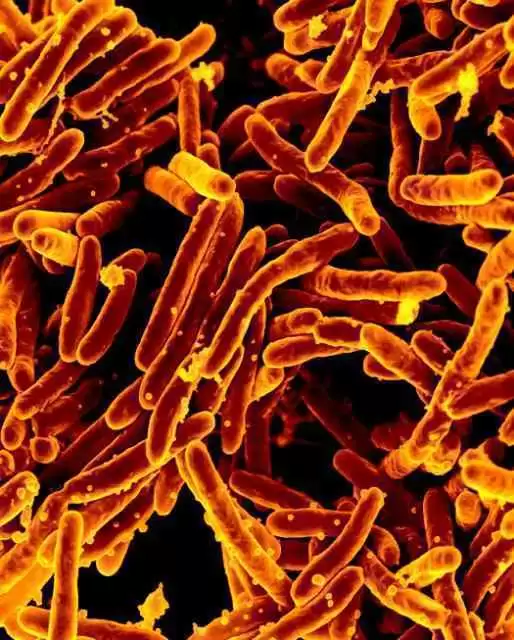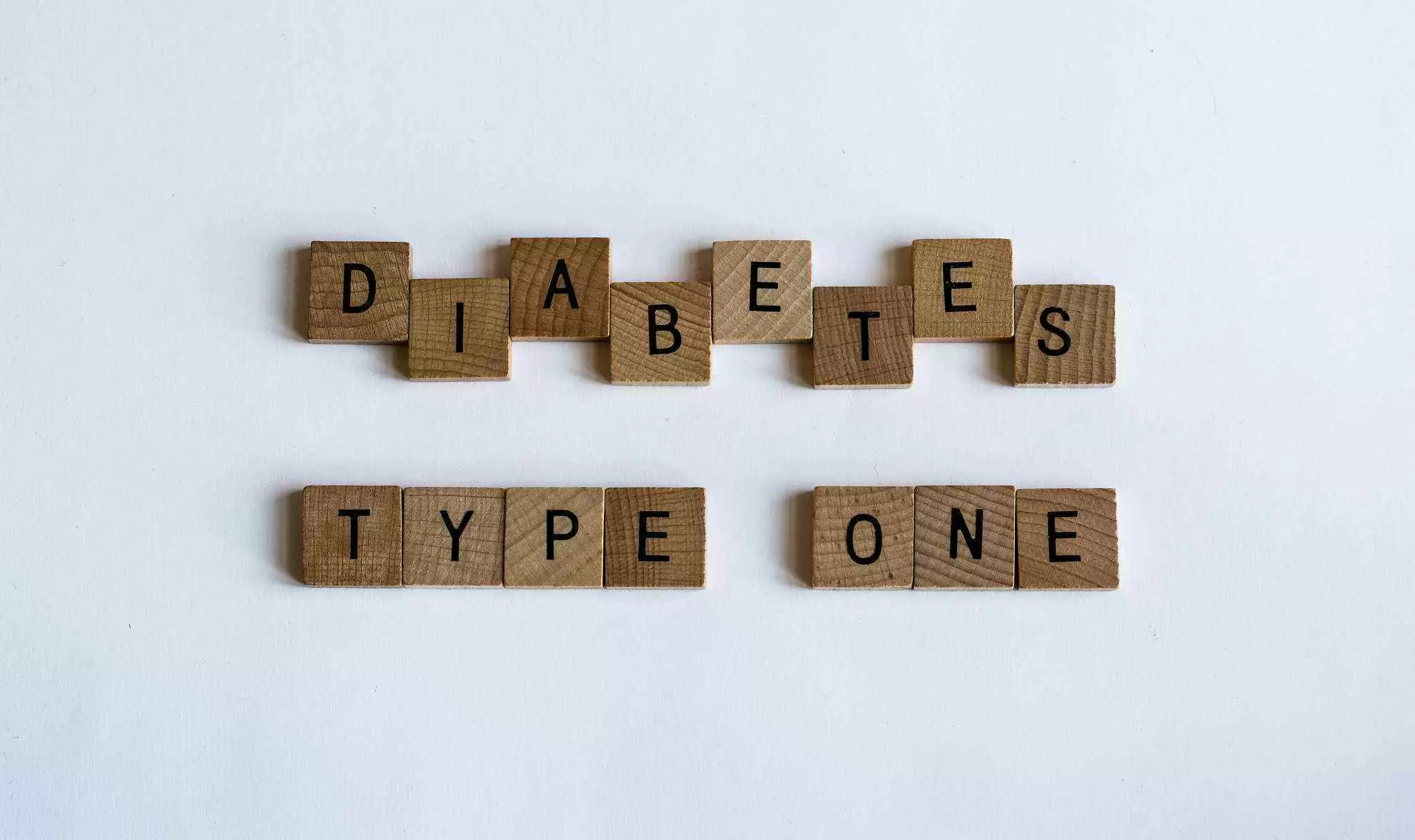
Celiac.com 04/16/2018 - A team of researchers recently set out to investigate whether alterations in the developing intestinal microbiota and immune markers precede celiac disease onset in infants with family risk for the disease.
The research team included Marta Olivares, Alan W. Walker, Amalia Capilla, Alfonso Benítez-Páez, Francesc Palau, Julian Parkhill, Gemma Castillejo, and Yolanda Sanz. They are variously affiliated with the Microbial Ecology, Nutrition and Health Research Unit, Institute of Agrochemistry and Food Technology, National Research Council (IATA-CSIC), C/Catedrático Agustín Escardin, Paterna, Valencia, Spain; the Gut Health Group, The Rowett Institute, University of Aberdeen, Aberdeen, UK; the Genetics and Molecular Medicine Unit, Institute of Biomedicine of Valencia, National Research Council (IBV-CSIC), Valencia, Spain; the Wellcome Trust Sanger Institute, Hinxton, Cambridgeshire UK; the Hospital Universitari de Sant Joan de Reus, IISPV, URV, Tarragona, Spain; the Center for regenerative medicine, Boston university school of medicine, Boston, USA; and the Institut de Recerca Sant Joan de Déu and CIBERER, Hospital Sant Joan de Déu, Barcelona, Spain
Celiac.com Sponsor (A12):
The team conducted a nested case-control study out as part of a larger prospective cohort study, which included healthy full-term newborns (> 200) with at least one first relative with biopsy-verified celiac disease. The present study includes 10 cases of celiac disease, along with 10 best-matched controls who did not develop the disease after 5-year follow-up.
The researchers profiled fecal microbiota, as assessed by high-throughput 16S rRNA gene amplicon sequencing, along with immune parameters, at 4 and 6 months of age and related to celiac disease onset. The microbiota of infants who remained healthy showed an increase in bacterial diversity over time, especially by increases in microbiota from the Firmicutes families, those who with no increase in bacterial diversity developed celiac disease.
Infants who subsequently developed celiac disease showed a significant reduction in sIgA levels over time, while those who remained healthy showed increases in TNF-α correlated to Bifidobacterium spp.
Healthy children in the control group showed a greater relative abundance of Bifidobacterium longum, while children who developed celiac disease showed increased levels of Bifidobacterium breve and Enterococcus spp.
The data from this study suggest that early changes in gut microbiota in infants with celiac disease risk could influence immune development, and thus increase risk levels for celiac disease. The team is calling for larger studies to confirm their hypothesis.
Source:








Recommended Comments
There are no comments to display.
Create an account or sign in to comment
You need to be a member in order to leave a comment
Create an account
Sign up for a new account in our community. It's easy!
Register a new accountSign in
Already have an account? Sign in here.
Sign In Now